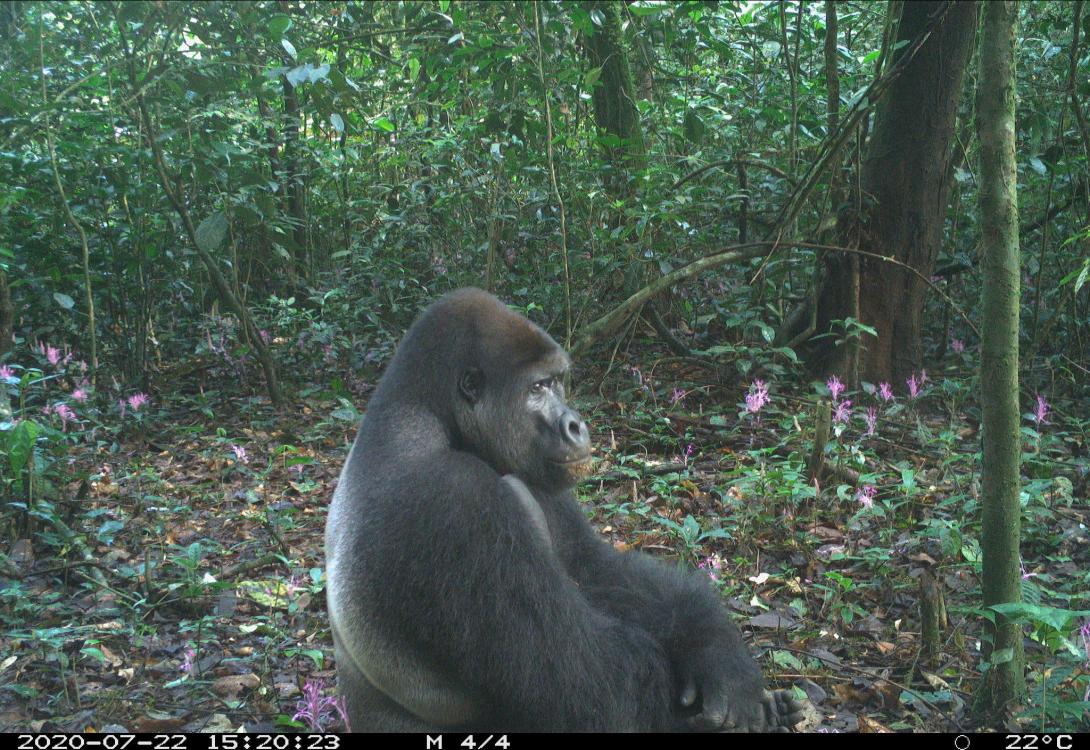Ebo Forest Research Project

The Ebo Forest Research Project has created two research stations in the Ebo Forest in order to protect it from hunting pressure and study the fauna found in the area. It is also helping the local communities to develop more sustainable income-producing activities that do not harm wildlife. A special attention is given to the sensitization of the population living in the 19 villages located on the edge of the Ebo Forest thanks to the Club des Amis des Gorilles (Gorilla Guardian Club) aimed at raising awareness among schoolchildren, organizing events around the conservation of gorillas and leading meetings with traditional and administrative authorities. The idea being to involve all the local stakeholders in the conservation of the Ebo forest and its biodiversity. Palmyre Conservation supports in particular this component of the program.


Education © Ebo Forest Research Project 
Sensitization © Ebo Forest Research Project
Found in 6 African countries (Angola, Cameroon, Central African Republic, Congo, Equatorial Guinea and Gabon), the global population of Western Lowland gorillas (Gorilla gorilla gorilla) is estimated to slightly more than 300,000 individuals. Listed as "Critically endangered" on the International Union for Conservation of Nature's Red List, the species is threatened by habitat destruction, poaching for bushmeat and the illegal wildlife trade, climate change leading to recurrent droughts, diseases caused by living in ever-greater proximity with humans and armed conflicts that prevent law enforcement in its range.

Sensitization © Ebo Forest Research Project 
Setting up camera traps © Ebo Forest Research Project
Palmyre Conservation has been supporting this program since 2013, after meeting its Cameroonian representative during a workshop on gorillas organized in the Netherlands.